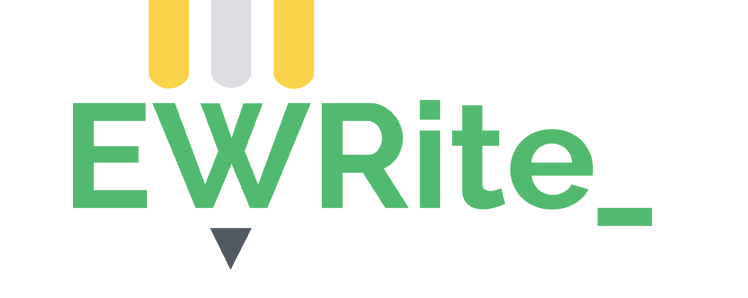6. Presenting an alternative viewpoint
In your research on the book, you might come across viewpoints and interpretations that are different from yours. It can be worthwhile to address one or more of these in the body of your book review. Summarize the alternative view and state to what extent you agree or disagree with it, and why.
|
A different point of view concerning Shimoda’s rejection of social norms is put forward by Plover (2009). She claims that Shimoda’s actions and speech show readers a path to “transcending” (p. 4) everyday habits and “freeing ourselves” (p. 5) from restrictive conventions. In making her argument, she shows her idealism, as someone who believes that “extreme individuals show us the possibilities and potential of freedom from the expectations of any given society” (Chu, 2017, p. 2). However, while this may be true for a few individuals, it is important to remember that most people are not ready to abandon normal social behaviour in favour of more ‘enlightened’ ways of living. When citizens renounce principles such as politeness and responsibility to the group, the most likely result, according to Meyers and Lau (2019), is “chaos” (p. 235). No clearer example in history can be seen than the French Revolution, when initial declarations of ‘fraternity’ and ‘equality’ led to the mass murder of ‘enemies of the people’ by guillotine (Georges, 2002). Therefore, although the author’s intention might be to present Shimoda as an ideal to be copied, his behaviour and speech should instead serve as a cautionary tale for those who advocate overturning the moral touchstones of society. |
Summary of alternative view
Statement of the writer’s position on this view, with support from sources
Concluding sentence |
About this website
EWRite is an open access online literacy platform for PolyU community that has two major objectives:
- to support PolyU students’ literacy development within and across the disciplines
- to support subject and language teachers to implement system-level measures for integrating literacy-sensitive pedagogies across the university
This platform provides access to generic genre guides representing typical university assignments as well as links to subjects offered by faculties with specific disciplinary genres and relevant support materials.
The materials can be retrieved by students by choosing the genres that interest them on the landing page. Each set of materials includes a genre guide, genre video, and a genre checklist. The genre guide and video are to summarize the genres in two different ways (i.e. textual and dynamic) to fit different learning styles. The genre checklist is for students to self-regulate their writing process. The genre guide and checklist include links to various ELC resources that can provide further explanation to language items (e.g. hedging and academic vocabulary).
The platform also acts as a one-stop-shop for writing resources for students, language teachers and subject leaders. Information about the English Writing Requirement policy can also be found on this platform. There are training materials for new colleagues joining the EWR Liaison Team.


